Alba Regia Faculty
CONTACTS
ADDRESS
8000 Székesfehérvár, Budai way 45.
PHONE
Deans Office
+36 (22) 200-400
+36 (22) 200-400
Head Office
+36 (22) 200-402
+36 (22) 200-402
Alba Regia Faculty, Obuda University was established on July 1st, 2014, as a result of a merger between two Székesfehérvár-based higher educational institutes. Henceforth the Institute of Engineering and the Institute of Geoinformatics operate as the successors of two former institutes. The Institute of Engineering prides itself for its long-established educational traditions and professional experience in the border areas of engineering in electronics, informatics, mechatronics, technical and technical-economic sciences. The Institute of Geoinformatics has trained students in the field of land survey, cartography and geoinformatics at both graduate and undergraduate level for more than 50 years.
The Alba Regia Faculty of Obuda University offers degree programs with an integrated on-the job training (dual education form) in the following courses: electrical engineer, informatics engineer, land surveying and land management engineer, mechanical engineer, and technical engineer.
Our institute offers a variety of postgraduate courses using our research and our established connections to local industries business information management, network information technology engineer, engineers of geoinformatics and courses for industrial robotics engineers as well as precision farming engineers.
Our research is trying to impact the local environment. Our research activity covers the following areas: Industry 4.0, Robotics, Data Analysis and Data Mining, Business Informatics, Photogrammetry and Remote Sensing, Geoinformatics, Further Geosciences and many more.
AMK carries out its research activities embedded in and in cooperation with the industrial environment of Székesfehérvár. Research activities cover electrical engineering applications, Industry 4.0, robotics, data analysis and data mining, geodesy, photogrammetry, remote sensing, geoinformatics, land use and spatial development, cave research, business informatics, engineering pedagogy, economic statistics, also in the fields of combinatorial number theory and cognitive sciences. The faculty subscribes to an average of 100 scientific publications per year (20 of them in specialist journals, 5 in prestigious journals, D1 / Q1 / Q2).
MANAGEMENT
Name
Position



